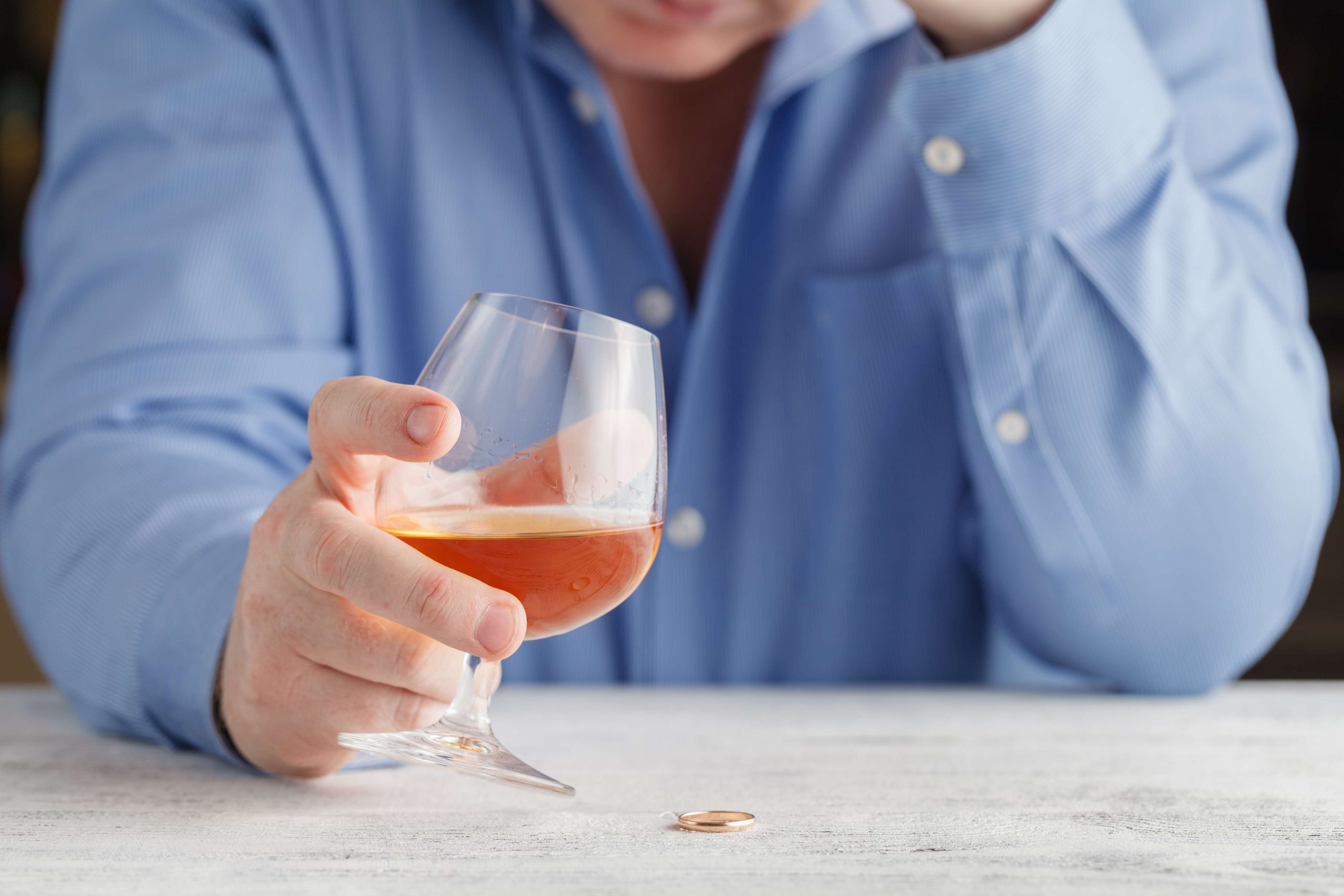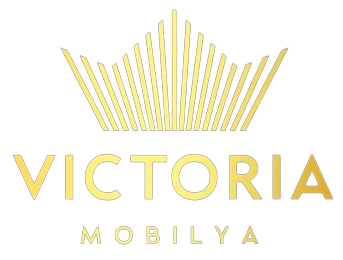
For each goal you achieve, give yourself a Drug rehabilitation reward as motivation to keep moving forward. For instance, book yourself a relaxing massage or buy yourself something you’ve had your eye on. When the urge to use hits, remind yourself why you started down the path to recovery in the first place. Remember the embarrassing things you may have done or the people you may have hurt. Include your support people in your action plan, so they know how to best encourage you when needed. Seeking therapy when needed can address any underlying issues and provide additional support.
How do you identify risk factors and high-risk situations?
Your relapse prevention plan should reflect you and your journey to recovery. Part of this involves knowing yourself and tuning into the feelings that contribute to the desire to use. This may involve getting to know the warning signs that accompany a relapse and developing coping mechanisms.
- Your goal in maintaining sobriety might require you to recognize physical symptoms that preclude a relapse.
- Healthy lifestyle changes support overall well-being and promote a successful recovery journey.
- You’ll find worksheets to recognize triggers, outline coping skills, and set goals, along with tips on managing cravings and stress.
Relapse Prevention Plan Example
We cannot guarantee payment or verification eligibility as conveyed by your health insurance provider will be accurate and complete. Payment of benefits are subject to all terms, conditions, limitations, and exclusions of the member’s contract at time of service. Addiction Resource does not offer medical diagnosis, treatment, or advice. Only trained and licensed medical professionals can provide such services.
- Remember to include the names of the supportive people and contact information, such as family, friends, or a sponsor.
- These individuals can offer guidance, a listening ear, accountability, and practical help when needed.
- One of the key roles of a relapse prevention plan is to increase self-awareness.
Steps to Creating a Relapse Prevention Plan
You’ll find worksheets to recognize triggers, outline coping skills, and set goals, along with tips on managing cravings and stress. If you need additional help, seek support from a mental health professional or addiction specialist. Addiction affects not only the individual struggling with substance use disorder but also their loved ones. A family-centered approach to creating a relapse prevention plan involves everyone in the process and helps establish a support system. A relapse prevention plan is a strategy that helps individuals recovering from addiction to anticipate and avoid triggers that could lead to a return to substance use.

Counseling & Therapy
- For each goal you achieve, give yourself a reward as motivation to keep moving forward.
- Relapse occurs when someone who has been sober or in recovery for a period of time experiences setbacks that lead them back to substance use.
- If you’re reading this page and have found yourself slipping back into drug use, know that mistakes are a natural part of substance abuse recovery.
- This is the final stage, at which point you begin using drugs or alcohol or engaging in addictive behaviours again.
- Stay connected with your support network through regular check-ins via phone calls, texts, or in-person meetings.
Learning and practicing these skills can build resilience and enhance your overall well-being. As our loved one begins their journey towards sobriety, we may feel relieved that they have a relapse prevention plan in place. However, it is not enough to simply have a plan, it is equally important to ensure that it is effective in supporting relapse prevention plan them. In this section, we will take a closer look at how we can evaluate the effectiveness of the plan through regularly monitoring progress and identifying areas for improvement. We’ll explore the benefits of being open to and making necessary adjustments to the plan, and the importance of celebrating every success, big and small along the way. By the end of this section, we will have all the tools and knowledge we need to support our loved one to stay on track towards a successful recovery.
This written plan becomes a reference tool for staying on track and can be especially helpful during challenging times. List your long-term recovery goals and what you want to achieve by staying sober (i.e., career ambitions, finding a better job, family relationships, health). Include smaller, achievable goals that support recovery, such as attending weekly support meetings or practicing self-care. You might specify a monthly review or revisit it after each experience of triggers and cravings. This can allow you to remove aspects that you feel are not helpful and add aspects that you think might benefit you in the future.
Writing an effective plan takes care and forethought, but our relapse prevention plan template has you covered. It’s important to remember that recovery is a journey, and setbacks may occur. Developing coping strategies is essential for managing cravings and temptations effectively. In this section, you will outline the techniques and tools you will use to navigate difficult situations. These strategies can include mindfulness exercises, deep breathing techniques, engaging in hobbies, or seeking support from a therapist. It is important to find what works best for you and incorporate it into your daily routine.

Those healing from mental health concerns can find community in National Alliance on Mental Health (NAMI) support groups. Every month, 150,000 people search for addiction or mental health treatment on Recovery.com. By actively identifying and managing triggers, individuals bolster their defenses against relapse. On the other hand, you must also make an effort to remove yourself from social situations or harmful relationships that may serve as a trigger. Whether it’s a friend you used to use drugs with or an ex-girlfriend who simply can’t enjoy a night out without a drink—these types of relationships are toxic to your sobriety goals. Maybe it’s certain situations that used to involve drinking or drug use, such as watching Sunday football or going out for a happy hour.
